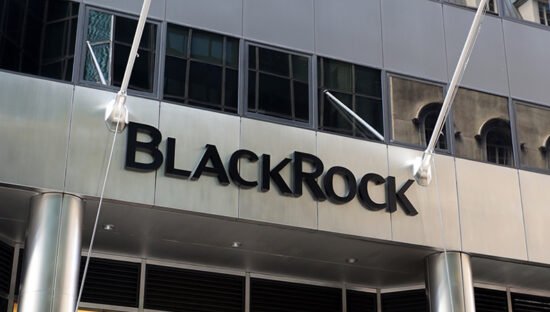The fiduciary rule, which is currently being pushed through the Congress, is considered the equivalent of the UK’s retail distribution review (RDR). It aims to put an end to hidden fees and conflicts of interest in the investment world, and will require advisers to pick products that are in their clients’ best interests when recommending investments for retirement accounts.
“The DoL fiduciary rule will increasingly influence the choices that financial intermediaries make for their clients,” said Laurence Fink, chairman and chief executive of BlackRock in the company’s third quarter results announcement,
“Anticipating that change, BlackRock is using our scale to provide distribution partners with the highest quality investment strategies at the best value, as well as portfolio construction and risk tools, to help them build better portfolios,” he said.
Passive flood
The comments came as the world largest asset manager reported net inflows of $70bn (£56.8bn, €63.6bn) during its third quarter helped by a flood money into the firm’s ETF business iShares which took in $51.3bn in new money, up from $23.3bn a year earlier.
About half of that cash went into stock funds, which saw net inflows of $25.5bn. Fixed income net inflows were $22.7bn while Commodities ETFs generated $2.9bn in new assets.
However, this was not enough to prevent a 3% fall in revenue to $2.84bn compared with last year’s third quarter although US-headquartered asset manager was able to grow net income by 4% to $875m versus the same period a year earlier.
Fee income slide
The lower revenues reflect the continuing move of investor money out of active strategies into passives, so while assets under management continue to increase they are generating lower fees on average.
“In the third quarter, even as investor preferences continued to migrate from equity to fixed income and cash, and away from active strategies, the diversity of our platform drove nearly $70bn of total net inflows, “ Fink said.
“Retail and institutional investors continued turning to iShares as an effective way to express market views and generate alpha,” he added.
“iShares once again captured the #1 market share of net new business in the United States, in Europe and globally, across both equity and fixed income. Our European fixed income ETFs reached $100bn of AUM and fixed income remains an important growth area for iShares.”








